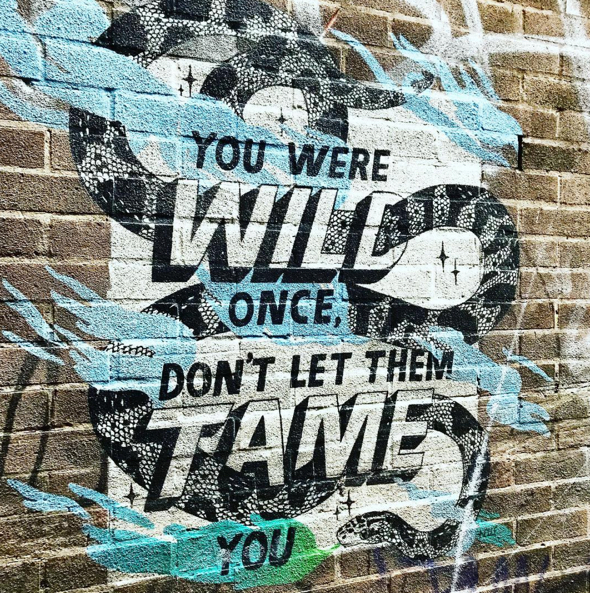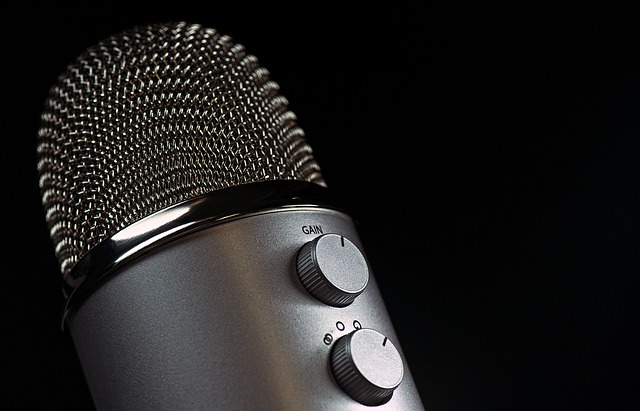
On Facebook
So it’s time to comment on Facebook’s changes marking (for many) the first signs of the social media bubble bursting. Most of my clients and friends are asking me for my opinion about it so here it is.
Mark’s post is here. In this post, the word “well-being” seems to be at the core of his sentiment but I fail to believe in this – I still see the videos interrupted with adverts and intrusiveness of advertising all over my stream. So this is obviously PR talk and we need to take it with a pinch of salt, but what is Facebook really trying to convey? Mark’s post does contain clues as to what will happen to brands and users in the upcoming months – and for the organic users, it’s not good news, for those who paid for ads, well, not good news eighter. Facebook will promote more user interactions and less organic content from brands – that is clear. To some extent, it was something they have always tried to do already, it’s not new – the scale of the change might be though. Pages will definitely see a drop in organic traffic, some pages will see a huge drop – that is clear. Posts from pages will not move all together to a separate feed on our Facebook walls (as per their test in some countries earlier this year) but we will see less of those organic posts from pages, so brands will suffer in organic visibility, ergo they with HAVE to pay for adverts. Posts from brands with no reactions will disappear from users feeds. Mark states the aims of their new strategy – “focusing on helping you find relevant content to helping you have more meaningful social interactions” – a strategy which will still connect users with relevant brand content, just differently. The way, we social media marketers see it is this: Facebook wants us to pay more money for the advertising. (Here is a good summary of Mark’s post in this context, one I agree with).
I looked at some of the initial reactions. Social Media Examiner’s panicky video represents the view of marketers and it is fair to say that it is a huge blow to those who post over ten posts/day on their pages with limited reactions and focus mainly on organic posts (no advertising). I am attaching a similar reaction to mar’s posts explaining that impact. Jeff Jarvis also wrote a post about the impact of this algorithm change on news sharing organizations here. Robert Scoble already has the new version of the feed and posted his first post initiating a series of interesting comments here – I recommend some of the comments there. But ultimately what we see in here is the end of the organic reach on Facebook as we know it. We will see some of it, but I suspect not much.
I also see that Facebook pages now offer groups as an option and in the last few days, the options there improved significantly. So we will be pushed to set up communities at the back of our fan pages to increase the organic feel of our brands. Is Facebook trying to compete with LinkedIn groups? Because at the same time LinkedIn is rolling out major changes in those – adding group posts to the main network stream and improving groups as they are?
I don’t think this announcement helps Facebook’s reputation at the moment but considering an average network user, it might just work. I have received two nudges to check how “safe” my Facebook is (with a link to the usual privacy settings) – this type of user manipulation does not work for me but will work for many. We see interesting times when companies providing the major social media channels need to re-think their models and we are all watching. There is a lot we don’t know and it’s not a good feeling. I liked Facebook and other tools much better without any algorithms. I want my old Twitter and Instagram back – it was fun and it made sense to see everything in chronological order. Now, we are working a bit in the dark and we all need to make choices that are safe and sensible for our brands but those choices are becoming harder and harder.
Putting ethics and politics aside (one for a separate post) at the end of the day, as users we are trading our data and our conversations in exchange for free networking opportunities and new connections – so it’s down to each and every one of us to make them smart and care for our own wellbeing. I really don’t think Facebook should be in charge of those choices – I do not need their help. I do not have to be on Facebook, yet I still benefit from using it. We will see for how long. We will see if the Facebook team will ever learn that the path their taking (the money driven one) is not sustainable forever. And we will see what else is on the horizon. It would be foolish to invest in just one channel.




